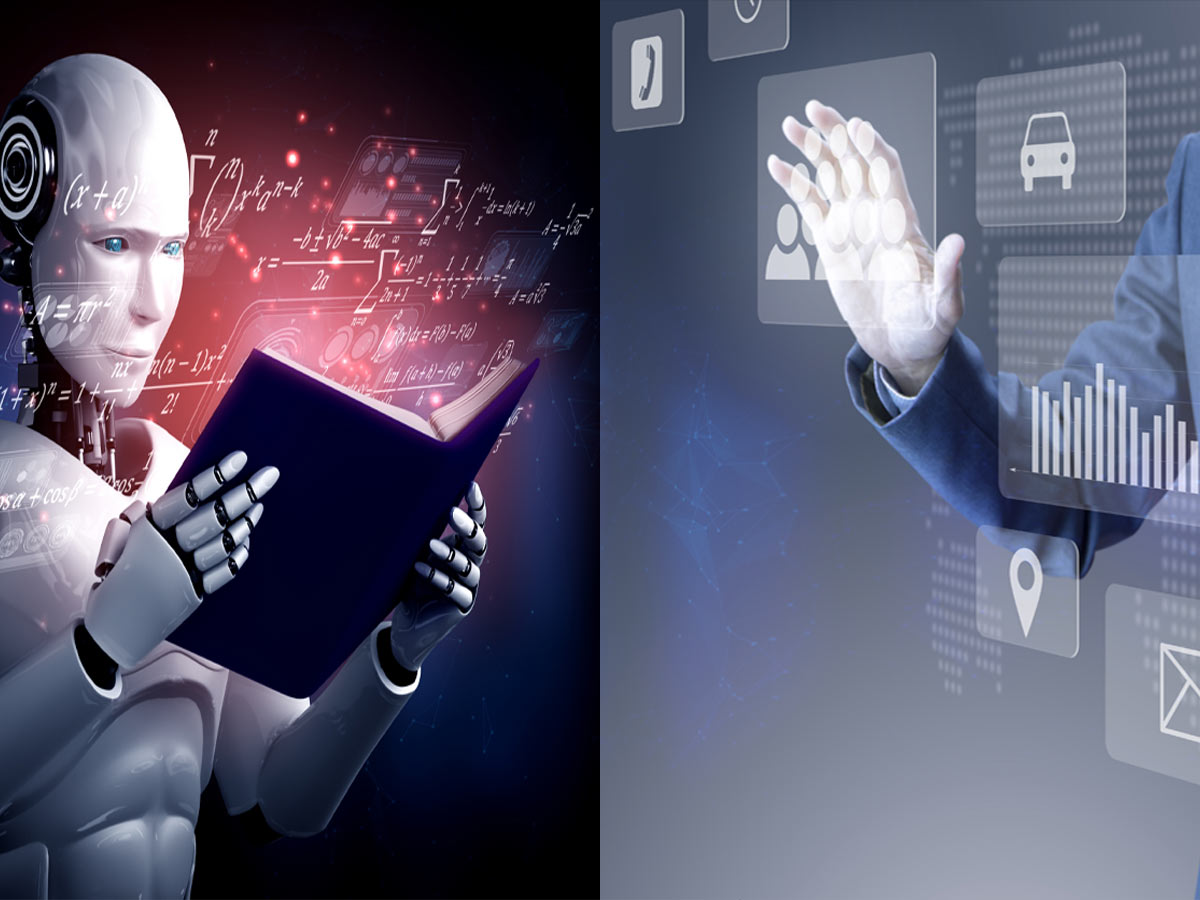
People frequently ask us what the distinction is between machine learning and business intelligence. That was a question I asked myself when I first entered the fascinating realm of data-based forecasts.
Why is business intelligence used?
Any sort of business intelligence starts with the collection of raw data. Data engineers utilize ETL (Extract, Transform, and Load) tools to alter, transform, and categorize data after it has been saved in a structured database. Data warehouses are the typical name for these structured databases.
What Business Analyst do?
When examining data contained in structured databases, business analysts employ data visualization tools. To make information accessible to non-data specialists, they use this kind of tool to generate visual panels (or dashboards). In order to improve KPIs, the panels are utilized to assess and comprehend prior performance (Key Business Indicators).
To put it simply, traditional business intelligence enables us to have a very descriptive, data-based perspective of the company's operations. Future trends are primarily described using aggregated data.
How does machine learning differ from traditional methods?
This technique looks for patterns in millions of pieces of data. This is a significant first deviation from conventional business intelligence, to which we could add the following three features:
Conclusions
With the use of excellent visualizations, business roles outside of analytics may understand data and use it to inform decisions based on historical data, which is a beneficial technique provided by business intelligence.
On the other hand, a method known as machine learning can find patterns "at a basic level" in a huge number of different data points. One of the most significant capabilities is the creation of predictive applications, which enable process automation, decision-making, and continuous learning based on data. Furthermore, they are systems that, when continually fed with fresh data, learn on their own over time, integrate with business changes, and adapt to changing surroundings.
WhatsApp us